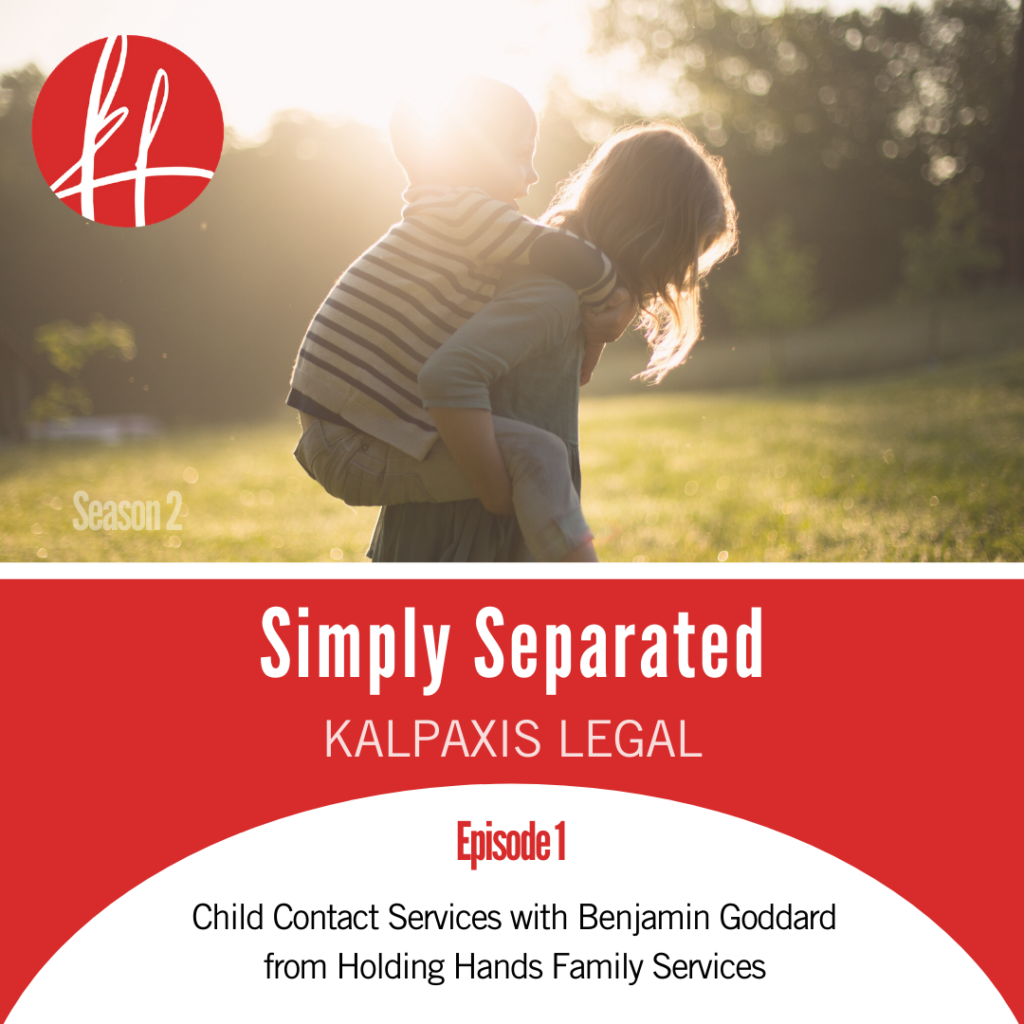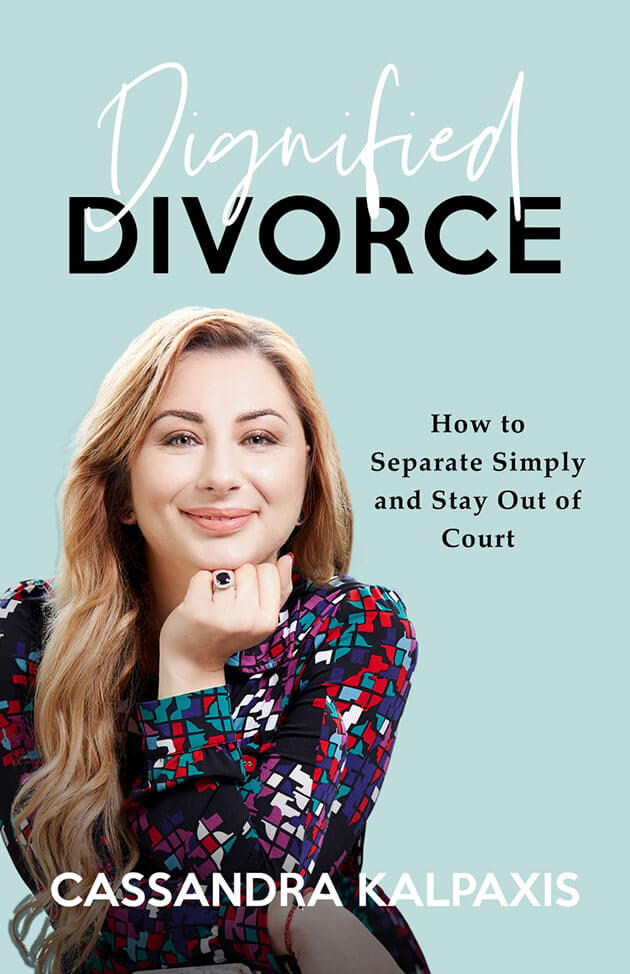[vc_row css_animation=”” row_type=”row” use_row_as_full_screen_section=”no” type=”full_width” angled_section=”no” text_align=”left” background_image_as_pattern=”without_pattern”][vc_column][vc_column_text]
Under the Family Law Act 1975, superannuation is treated as a type of property interest. Section 90MS of the Family law Act empowers the court to make orders in relation to the superannuation interests of spouses, where this applies equally to de-facto relationships as well. The law allows parties to value their superannuation funds and split the superannuation payments, however this does not convert the funds into cash and the normal superannuation laws will apply.
Informing the superannuation fund trustee:
Before any orders are sought by the court for superannuation, the trustee of the superannuation fund must be informed of the proceedings by putting them on notice about the orders that the parties will be seeking. The trustee must be provided with procedural fairness and must have the opportunity to attend the proceedings in Court wherein they can object to any orders they do not agree with. Furthermore, any orders that are made by the court must be provided to the trustee in a sealed copy form. The notice provided to the trustee can take the form of a letter addressed to the trustee which clearly outlines that proceedings have commenced, specifies the next return date, draft consent orders and an invitation to the trustee to provide any objections to any orders being sought.
Identifying the type of interest:
Identifying the type of superannuation interest held by a party is an important step because different valuation methods apply to varying types of superannuation interests. For example, superannuation interests could be an accumulated, self-managed, defined benefit or partially-vested accumulation interest to name a few.
Value the interest:
The Family Law Act 1975 (Cth) requires the court to value the interest in respect of which the benefits are payable prior to any court orders to split the superannuation in a property settlement occurs. The mandatory methods for valuing the superannuation interest are contained within the Family Law (Superannuation) Regulations 2001 (Cth). This legislation prescribes for all the methods used in determining the value of different types of superannuation interests. In cases where a method is not suitable for valuing the interest, the Family Law Superannuation Regulations will allow the Attorney-General to approve methods to calculate the value of the interest. Ordinarily, in most situations an “eligible person” who could be a member or spouse of the member of the fund, can obtain the required information by submitting a form to the trustee.
Splitting or flagging superannuation interests:
The Family law allows for superannuation interests to be “split” or “flagged” by the Family Court, Federal Circuit Court or binding financial agreement. The trustee of the superannuation fund must be made aware of the splitting orders that are sought by the parties otherwise the court will not be able to make any splitting orders that would bind the trustee. The party receiving the benefit of the superannuation split, the non-member, and usually has the responsibility to provide the trustee with the sealed orders.
Splitting Orders:
Common forms of splitting orders are where the non-member spouse is entitled to be paid a base amount or where the non-member spouse is paid a particular percentage of the split payment. Generally, after splitting orders have been made, the non-member will transfer their funds into an existing fund they have or receive a lump sum payment on condition of the individual being in a retirement phase or they are permanently incapacitated.
Flagging Orders:
The purpose of a flagging order is to prevent the trustee of the superannuation fund from dealing with the contents of the fund until the flag has been lifted. This form of order is useful where there is uncertainty surrounding the value of the superannuation interest although it will be determined soon. Commonly, flagging orders prevent the trustee paying any amount of superannuation entitlements that are contained within the fund and ensure the trustee notifies the court once the interest flagged becomes payable. An example of this is where the member is close to retiring and there are concerns that they may deal with the interest unilaterally. Lastly, flagging orders enable the court to create orders so that the flag can be lifted, and the splitting order be created.[/vc_column_text][vc_empty_space height=”35px”][vc_row_inner row_type=”row” type=”full_width” text_align=”left” css_animation=””][vc_column_inner width=”1/2″][qode_elements_holder number_of_columns=”two_columns” columns_proportion=”33_66″][qode_elements_holder_item vertical_alignment=”middle” horizontal_alignment=”left” advanced_animations=”no”][vc_single_image image=”310″ img_size=”full” style=”vc_box_circle_2″ onclick=”custom_link” qode_css_animation=”element_from_fade” link=”/meet-the-family/”][/qode_elements_holder_item][qode_elements_holder_item vertical_alignment=”middle” horizontal_alignment=”left” advanced_animations=”no” item_padding=”0 0 0 10%”][vc_column_text]
By Liam Chellin
Collaborative Family Lawyer
Family Property Expert[/vc_column_text][/qode_elements_holder_item][/qode_elements_holder][/vc_column_inner][vc_column_inner width=”1/2″][/vc_column_inner][/vc_row_inner][/vc_column][/vc_row]








